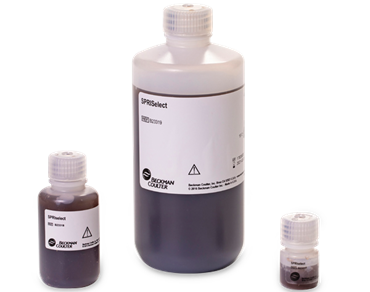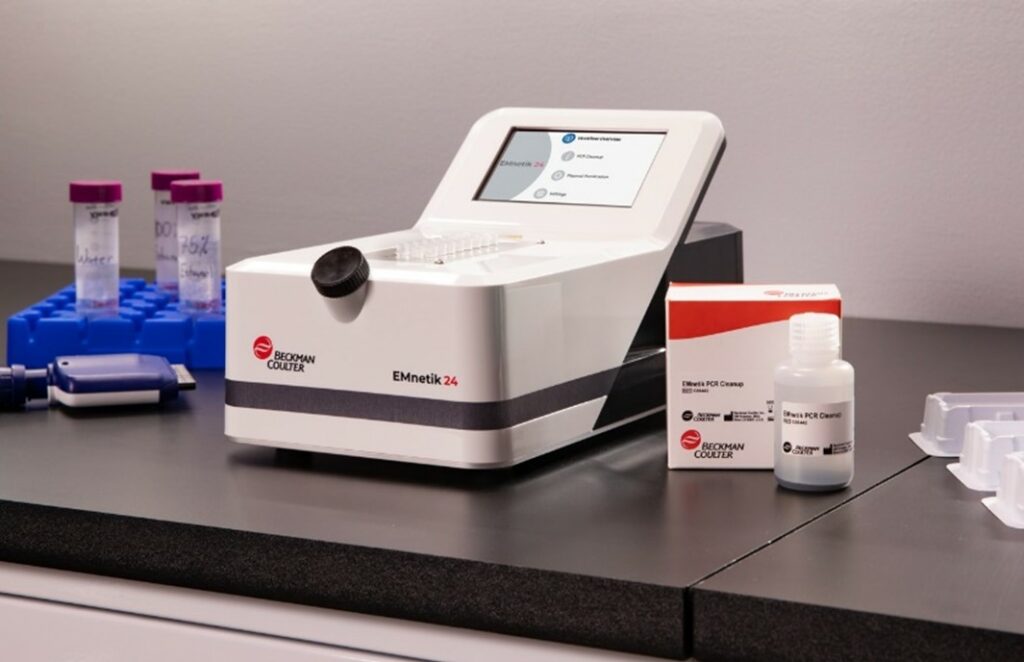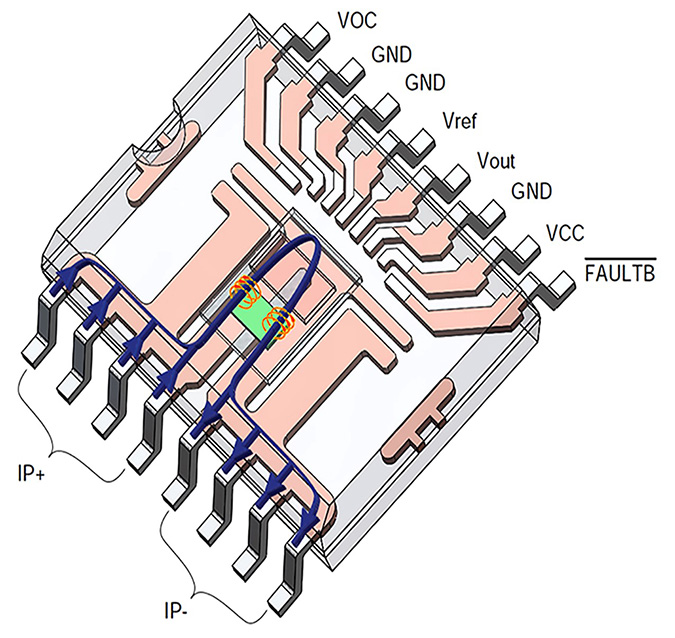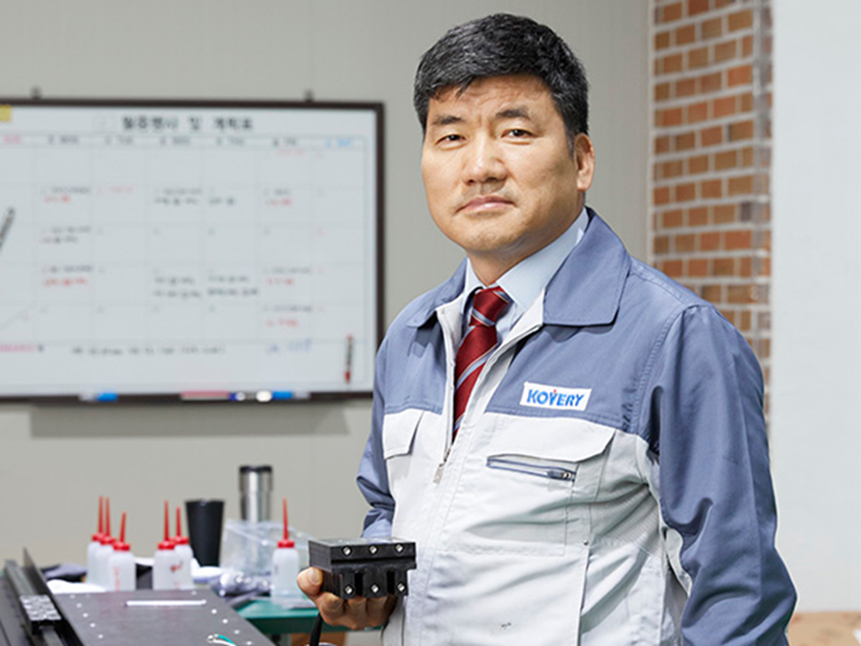
Beckman Life Sciences, a leader in magnetic separations technology for laboratories, has completed the first phase of its new research and development hub in Colorado with the opening of a $10 million facility in Loveland and now is working on a second phase set for opening next year. The first complex, opened in January, is 56,000 sq ft for office, technology development and customer engagement centers. The second phase will add 37,000 sq ft of manufacturing operation attached to the office site.

“The relentless pursuit of innovation is what drives our business and our associates each and every day,” said Suzanne Foster, president. “We continue to be impressed by the talent community that exists in greater Loveland, which has fueled our growth in Colorado since we came here in 2018 with nearly three-dozen associates. Our instruments are on the frontlines of major global research facilities, providing them with valuable automation solutions to accelerate answers for that next big breakthrough moment.”

Beckman has an extensive portfolio of magnetic beads for laboratory separations and develops associated systems for laboratory automation, all among a diverse range of products for biotechnology testing. A webinar held in June illustrates the power of its superparamagnetic bead technology.

Called “The Irresistible Pull of Paramagnetic Beads”, it was presented June 29 on LabRoots by Lori Euler, senior manager for drug discovery genomic solutions. The session covers molecular biology workflows within drug discovery and development pipelines, covering how they rely on the efficient extraction and cleanup of nucleic acids. Maximizing recovery, consistency and speed is achievable with manual or automated protocols utilizing the company’s SPRI technology which uses paramagnetic beads to selectively bind nucleic acids by type and size. See www.labroots.com for on-demand access.


As reported earlier in Magnetics Magazine, one of the company’s recent developments has been a magnetic bead system to automate nucleic acid workflow in labs. Creating the industry’s first powerful workflow innovation in more than 30 years for plasmid prep and polymerase chain reaction cleanup, it launched the EMnetik System to semi-automate workflows while drastically reducing the amount of time required to achieve a PCR cleanup. The system is powered by reagents containing its SuperSPRI beads and the EMnetik 24 electromagnetic microparticle processor. For more info, see www.beckman.com.



